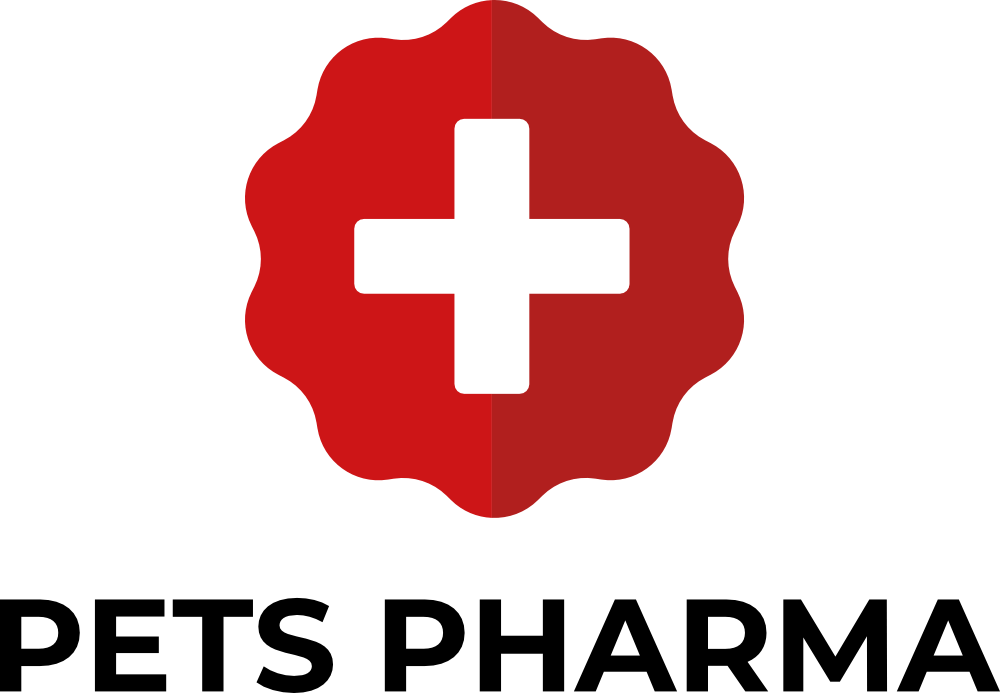Are there side effects of taking collagen for dogs?

What is collagen and why is it important for dogs’ health?
Collagen is a protein naturally found in the bodies of all animals, including dogs. Its main role is to provide strength and flexibility to the skin, joints and tendons. Thanks to its unique properties, collagen is essential for maintaining the health and youthful appearance of the skin and coat of our four-legged friends. In addition, adequate levels of this protein in a dog’s diet contribute to maintaining joint health, which is especially important for older dogs or those suffering from joint ailments.
The body’s collagen content decreases with age, which can lead to a variety of problems, such as a rough and matted coat, brittle claws and mobility problems. Collagen supplementation, which is offered by Pets Pharma P.S.A. products under the Eloa brand, can greatly support your pet’s health. Regular use of collagen-rich supplements can improve the condition of a dog’s skin, coat and joints, providing a better quality of life. Nevertheless, when introducing new supplements, such as those containing collagen, into a dog’s diet, it is important to pay attention to possible collagen overdoses, allergies or other adverse reactions.
Potential benefits of collagen supplementation for four-legged dogs
Collagen supplementation for dogs can provide a number of health benefits, especially in terms of joint health and overall fitness. Here are some of the potential benefits of collagen supplementation:
1. promoting joint health: Collagen is a key component of joint cartilage. Supplementation with type II collagen can support cartilage regeneration and reconstruction, which is particularly beneficial for dogs suffering from osteoarthritis or arthritis. It may also reduce pain and increase joint mobility.
2. improve skin and coat condition: Collagen promotes skin health by helping skin regeneration and maintaining elasticity. It can also improve the condition of the coat, making it shinier and healthier.
3. Claw strengthening: Collagen supplementation can help strengthen claws, making them less brittle.
4. Prevention of joint disease: Regular use of collagen can act as a preventive measure, preventing the development of joint disease, especially in large breeds, active dogs and seniors.
5. Supporting recovery from injury: Collagen can promote recovery of the muscular system and connective tissue after intense exercise or injury, which is especially important for sporting and working dogs.
However, it is worth remembering that before starting collagen supplementation, it is important to tailor the dosage to your dog’s individual needs and make sure that supplementation is safe and beneficial to your pet’s health
Recognizing collagen allergies in dogs
Collagen allergies in dogs can manifest themselves in a variety of ways, sometimes making it difficult to identify them quickly. Proper diagnosis is key, and caregivers’ observation of symptoms can go a long way toward resolving the problem quickly and effectively. Symptoms that may suggest a collagen overdose or allergic reaction are primarily skin problems. We may notice reddening of the skin, itching and even hair loss in our dog. In addition, some dogs may exhibit digestive problems such as diarrhea or vomiting.
If you notice any of these symptoms in your pet, your first step should be to consult a veterinarian. Professional testing can confirm or rule out an allergy to collagen. Your vet may recommend specialized allergy tests or an elimination diet to determine whether collagen is in fact the substance causing the allergic reaction. It is worth remembering that the ingredients in supplements, such as those available from Pets Pharma P.S.A.’s Eloa brand, are usually of high quality and safe for pets, but there is always a risk of individual intolerance or sensitization.
Collagen overdose: Reality or myth?
When we consider nutritional supplements for our four-legged friends, we wonder about their potential benefits, but also about their safety. Collagen overdose is a topic that can raise concerns among dog owners. Collagen, as one of the main components in the structure of connective tissue, plays an important role in maintaining the health of dogs’ skin, hair, nails, as well as joints and bones. However, can excessive levels of it be harmful?
Although collagen is safe and valuable to dogs’ health, in extremely rare situations, excess levels can lead to certain complications. One of the possible side effects of a collagen overdose is impaired absorption of other proteins and minerals, which is sometimes especially worrisome when we’re talking about a proper pet diet. Too much protein, including collagen, can put a strain on the liver and kidneys, which is crucial, especially for senior dogs or those suffering from diseases of these organs.
Expert opinions: What do veterinarians say about collagen for dogs?
Collagen plays a key role in maintaining skin, bone and joint health in both humans and animals. Veterinarians are increasingly recommending the inclusion of collagen supplements in the diet of dogs, especially those that are older or suffering from musculoskeletal ailments. Collagen supplementation can significantly improve a pet’s overall condition, enhancing comfort and mobility.
However, as with any supplement, there are potential risks. When asked about collagen overdose, sensitization and other potential side effects, experts stress the importance of proper dosage. Collagen overdose rarely has serious effects, but sensitization, while rare, can occur, especially if the dog is prone to allergic reactions. For this reason, it is advisable to consult a veterinarian before starting such supplements to make sure they will be beneficial and safe for your particular dog. With the health of our pets in mind, it is worth remembering that each animal is different and what is good for one may not necessarily suit the needs of another.
In addition, experts point out the potential healing properties of collagen in the diet of dogs. The use of such supplements can contribute to the regeneration of connective tissue, which is especially important for dogs with arthritis or after injuries. Including collagen in a dog’s diet can also help maintain healthy teeth and gums, as collagen is one of the key components of gum tissue.
See also

How to monitor the effectiveness of supplementation?
Recognizing health signals: The first signs of improvement Monitoring the effectiveness of supplementation in dogs is a key part of caring…

Can different supplements be combined?
Understanding your dog’s nutritional needs Understanding your dog’s nutritional needs is important to ensure your dog’s health and well-being each breed,…
